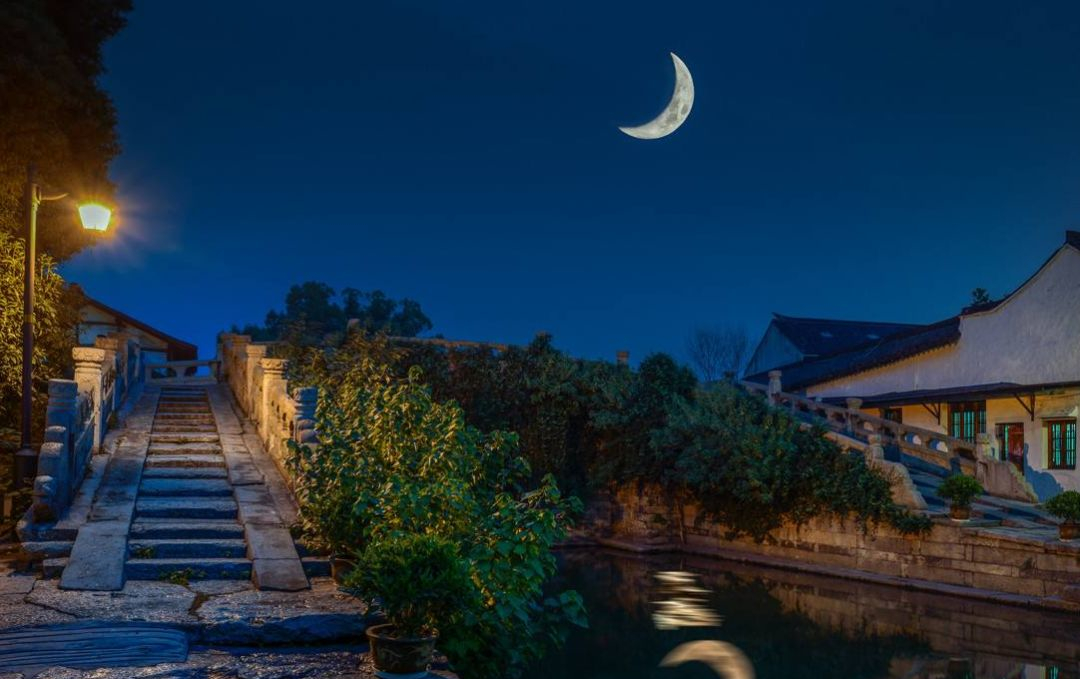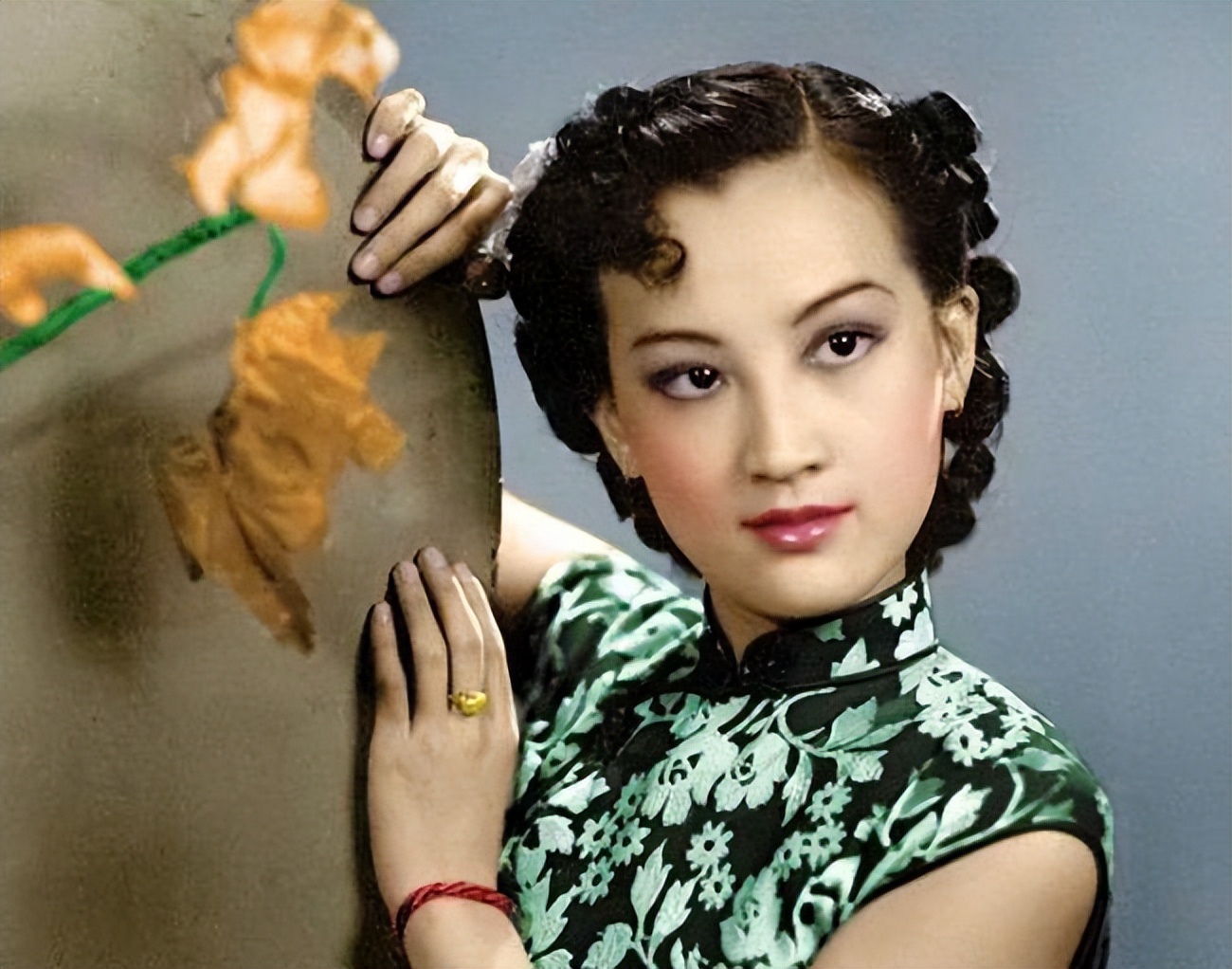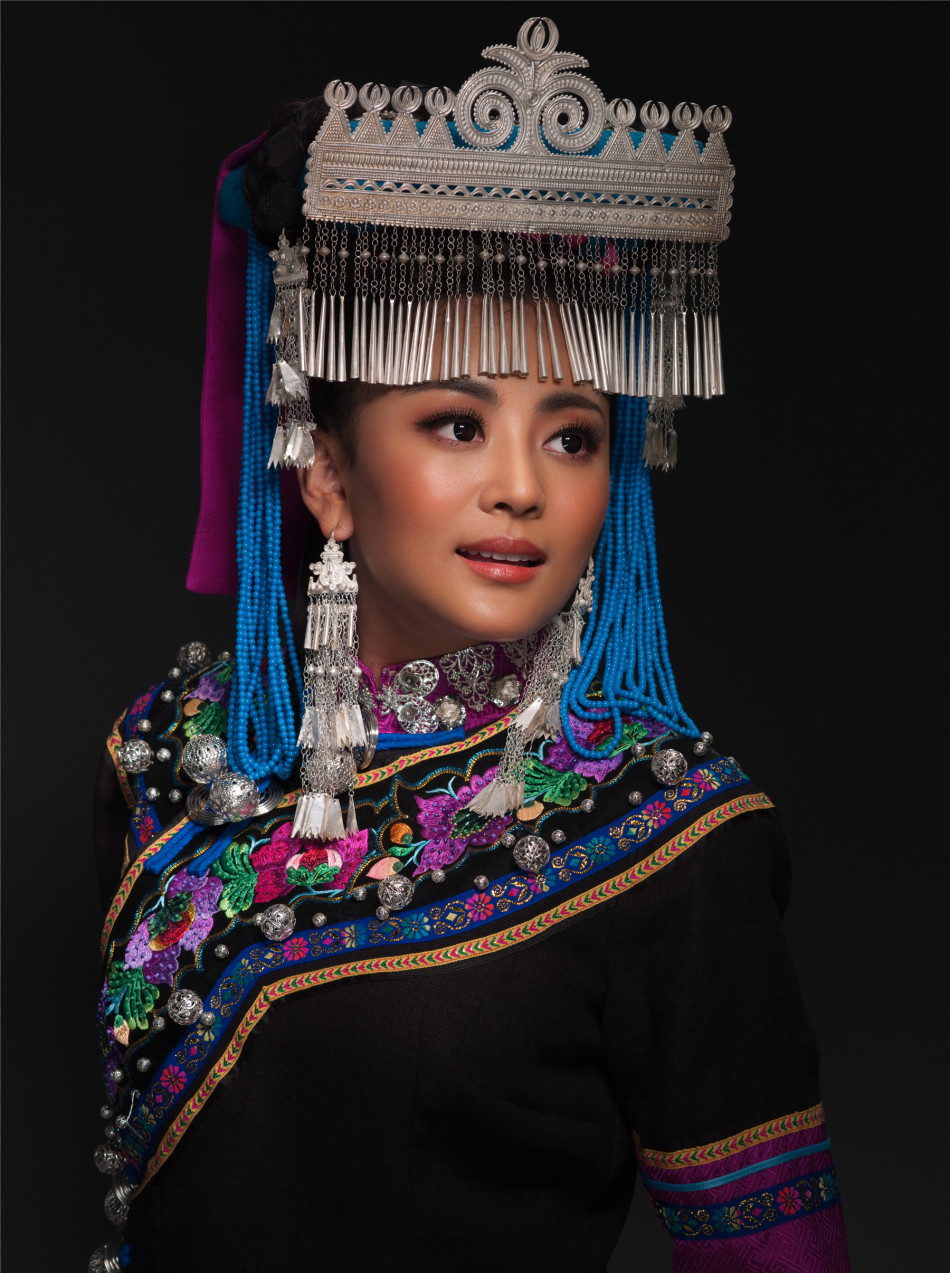
今夜无眠
今夜无眠
当欢乐穿越时空
激荡豪情无限
来吧亲爱的朋友
来吧亲爱的伙伴
让我们为相约举杯祝愿
舞翩翩月也无眠
爱在天上人间
歌绵绵星也有约
美在梦想之间
心相连风雨并肩
未来不再遥远
情无限祝福永远
幸福岁岁年年
今夜有约
今夜有约
当梦想挽起明天
拥抱生活的灿烂
来吧亲爱的朋友
来吧亲爱的伙伴
让我们为相约举杯祝愿
舞翩翩月也无眠
爱在天上人间
歌绵绵星也有约
美在梦想之间
心相连风雨并肩
未来不再遥远
情无限祝福永远
幸福岁岁年年
今夜无眠
今夜无眠
当欢乐穿越时空
激荡豪情无限
来吧亲爱的朋友
来吧亲爱的伙伴
让我们为相约举杯祝愿
舞翩翩月也无眠
爱在天上人间
歌绵绵星也有约
美在梦想之间
心相连风雨并肩
未来不再遥远
情无限祝福永远
幸福岁岁年年
今夜有约
今夜无眠
今夜欢乐无限
今夜礼花满天



蔡琴演唱
邓丽君日语演唱
邓丽君演唱
李香兰演唱
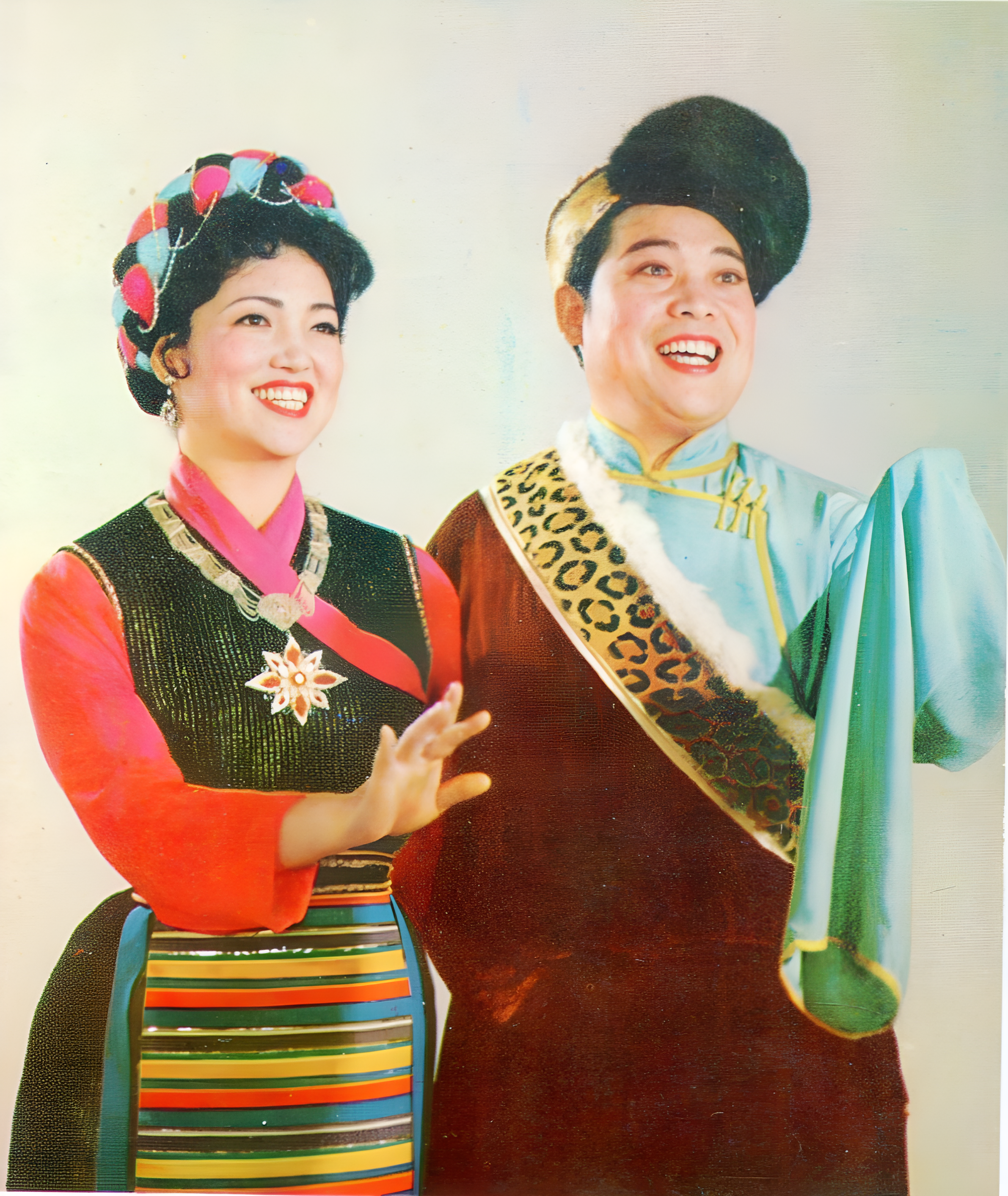
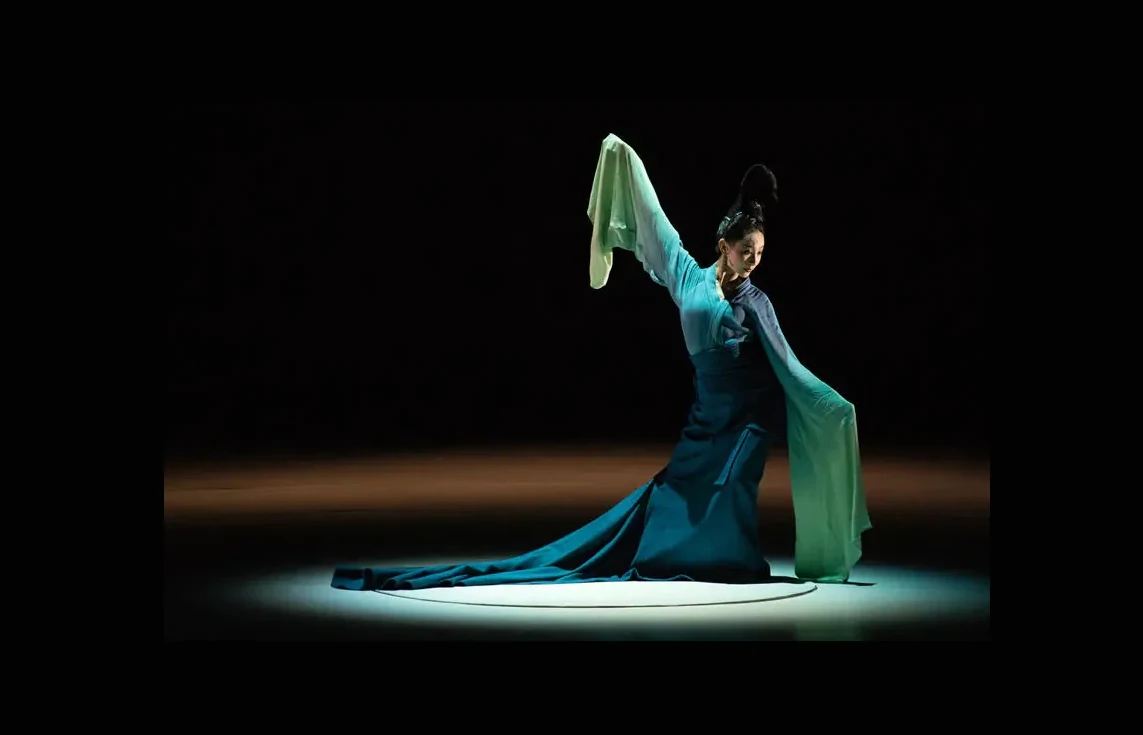

我用我自己的流浪
换一个在你心里放马的地方
像那游牧的人们一样
把寂寞忧伤都赶到天上
我愿我所有的愿望
追随你走在每个迁徙的牧场
像我放牧的马儿一样
让爱的旅途都沾满阳光
是你在我身上 刻下游牧时光
我愿把心儿放在你的歌声飞翔
今夜对着月亮 思恋风吹草浪
有你相守在身旁 我醉了又何妨
我愿我所有的愿望
追随你走在每个迁徙的牧场
像我放牧的马儿一样
让爱的旅途都沾满阳光
是你在我身上刻下游牧时光
我愿把心儿放在你的歌声飞翔
今夜对着月亮 思恋风吹草浪
有你相守在身旁 我醉了又何妨
有你相守在身旁 我醉了又何妨
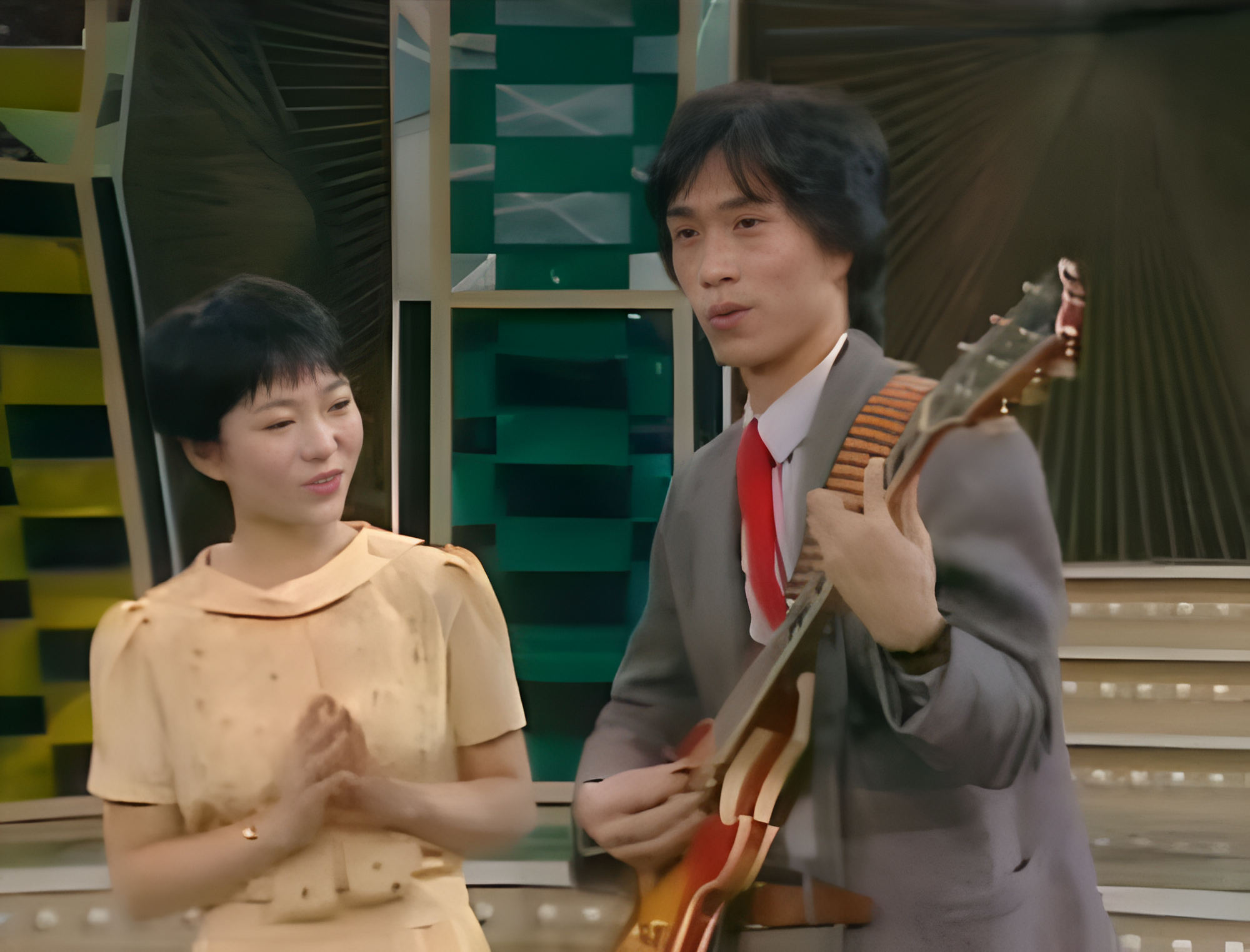
新鞋子还没有缝好以前,
先别急忙着把旧鞋子脱,
旧鞋子还没有穿破以前,
先别急忙着把新鞋穿上,
老先生老太太都这么说呀,
从前的生活就是这么过,
老先生老太太都这么说呀,
现在的孩子们不会过生活。
旧鞋子穿过了留它干嘛,
还不如光着脚凉快得多,
新鞋子缝好了不穿为何,
等等等过两年又穿不下,
小弟弟小妹妹都这么说呀,
青春的好年华不能错过,
小弟弟小妹妹都这么说呀,
老先生老太太他们太啰嗦。
旧鞋子还不是新鞋穿破,
新鞋子也会有穿旧的时候。
老先生老太太也这么说呀
青春的好年华也不能错过,
小弟弟小妹妹也这么说呀,
新鞋子旧鞋子都是过生活。

Dominio de Pingus is a Spanish winery located in Quintanilla de Onésimo in Valladolid province with vineyards in La Horra area of the Ribera del Duero region. The estate's flagship wine, Pingus, is considered a "cult wine", sold at extremely high prices while remaining very inaccessible,[1][2] and commands an average price of $811 per bottle.[3]
The winery also produces a second wine, Flor de Pingus, and a special cuvée, Ribera del Duero "Amelia". Recently, Dominio de Pingus has founded a joint project with local grape producers to make an old vine tempranillo called "PSI".
Dominio de Pingus was established in 1995 by Danish oenologist Peter Sisseck, also manager of the Pesquera de Duero estate Hacienda Monasterio.[4] On the estate's winemaking philosophies, Sisseck has stated, "The vines in my plots are very old. They have never been fertilised nor treated with pesticides and all grow following the traditional en vaso system. They are perfect."[4]
About the first 1995 vintage of Pingus, Robert Parker declared, "One of the greatest and most exciting wines I have ever tasted".[5] With a very limited first vintage production, only 325 cases were made with prices initially set at US$200 per bottle, it became yet more scarce when in November 1997 the ship transporting a U.S. bound shipment of 75 cases disappeared somewhere off the Azores in the North Atlantic Ocean.[6] The shipwreck resulted in a dramatic reaction in the US market, with prices soon rising to $495 per bottle.[5][6]
At the Ronda WineCreator conference of April 2008, Sisseck was angered by suggestions by Decanter editor Guy Woodward that some winemakers make wines to suit the palates of certain critics. In response he called Woodward's remarks arrogant for implying winemakers do not have their own opinions, adding, "I don't even think it is possible to do this."[7]
In 2007 it was announced that the Spanish government had approved plans to expand highway roads through the vineyards of Dominio de Pingus and other wineries, which was met with strong opposition by Sisseck who called it a "vengeful measure".[8]
Planted with very old vines of Tinto Fino, i.e. Tempranillo, the vineyards are 2.5 hectares (6.2 acres) in Barrosso with vines exceeding 65 years and 1.5 hectares (3.7 acres) in San Cristobal with vines older than 70 years, and the unusually low average yield of 12 hL per hectare. Since 2000, the viticulture has been biodynamic. Of the annual production of Pingus there is typically less than 500 cases, though in poor vintages no Pingus is made.
The production of the second wine Flor de Pingus, also 100% Tempranillo, is made with fruit from rented vineyards in the La Horra zone, with vines older than 35 years. Since the 2005 vintage, the viticulture has been biodynamic. The annual production is on average 4,000 cases.
Additionally there has been the single barrel cuvée, Ribera del Duero "Amelia", made from a vineyard parcel of 100+ year old vines with an average yield of 10 hL per hectare, with biodynamic viticulture since its initial 2003 vintage. The 2005 vintage had a production of 25 cases.
"PSI" is a joint project based on fruit produced by local grape growers from old tempranillo vines. The goal is to help grape producers and save old vines. Project was founded in 2006, first vintage was 2007. Grape growers are encouraged to employ biodynamic or organic vineyard management practices. The wine is made by Peter Sisseck and Pablo Rubio and sold under producer name Bodegas y Viñedos Alnardo. Vinification takes place in large concrete vats and aging in concrete and wooden tanks and oak barrels. Production of PSI 2009 was 9,600 cases, PSI 2010 was 16,600 cases.








